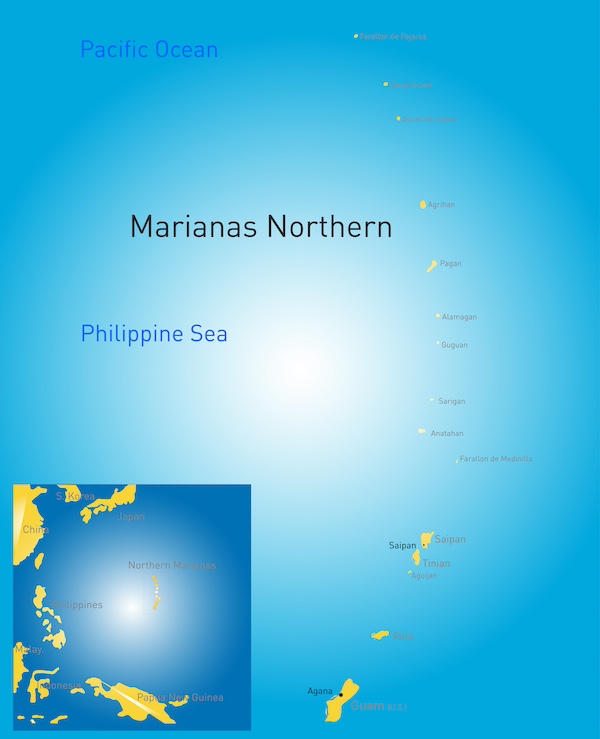The digital economy has penetrated nearly every aspect of our social and political lives. This research team seeks to examine the effects of this prolific phenomenon on our social and personal development, our ability to access basic needs like healthcare, and our political and legal institutions and culture. Specifically, they will examine the connection between data mining and algorithmic systems integral to online platforms with outcomes across public and private sectors.
Research Team
Research Team
Computational Social Science Research Team
The Computational Social Science Research Team brings together faculty, graduate students, and other researchers from both social science and data science disciplines (e.g. Statistics, Computer Science) to explore potential strategies for further developing computational social science research and graduate training at UC Berkeley. The nascent field of computational social science encompasses research on social science research questions that leverages computational methods and resources, from machine learning to natural language processing to network analysis to “big data” and beyond. Computational social science also involves the consideration of the ethical and social implications of the use of artificial intelligence and big data for research, policy, and commerce.
Research Team
The Case of the Human: A Transdisciplinary Research Team
This research team is focused on generating novel, interdisciplinary, and diverse knowledge on the human along three important axes: the human as body, as social, and as subject.
Research Team
Latin American Cities
The Latin American Cities (LAC) Working Group was created to examine the complex transdisciplinary processes through which cities in the continent have been constructed and imagined, and explore the challenges they face in the current age. Their goal is to reflect on the urban context in Latin America through various integrative lenses and approaches of research. How can we understand Latin America’s regionality?
Research Team
Black Lives at Cal Initiative
Year: 2023-2024 Research Team Type: Student-led Organizers: Caleb Dawson, PhD candidate, Critical Studies of Race, Class, and Gender, Berkeley School of Education; Nitoshia Ford, PhD student, Department of African American Studies; Kevin Steward, JD Candidate, Berkeley Law School; Bria Suggs, graduate student, UC Berkeley School of Journalism Black Lives at Cal (BLAC) is a long-awaited […]
Research Team
Carceral Labor Mapping Project
Organizers: Elizabeth Hargrett, PhD Candidate, Department of History; Xander Lenc, PhD Candidate, Department of Geography The American landscape has been profoundly shaped by the labor and toil of incarcerated workers, but most of us pass by the highways, dams, forests, parks, and other landforms they built without any inkling of their carceral origins. There is no central database for the tens of thousands of infrastructural projects built by prisoners in the United States, and despite a wealth of disparate scholarship on prison and jail labor there is no collaborative platform for historians, geographers, sociologists, and other scholars of the prison to circulate their findings. The Carceral Labor Mapping Project (CLMP, or “Clamp”) aims to foster collaboration between carceral scholars and provide pedagogical tools for educators seeking to demystify the carceral landscape. The team will produce an online GIS platform allowing users to not only learn about the role that carceral labor programs have played in shaping the world around them, but also allowing them to collaborate on carceral research projects.
Research Team
The Afterlives of Fanon Research Collective
Anticolonial intellectual and activist Frantz Fanon’s influences have inspired the work of liberation movements worldwide and continue to generate robust cross-disciplinary debate by scholars across the humanities, social sciences, and medical fields. The Afterlives of Fanon Research Collective aims to provide an institutional home for graduate scholarship on decolonization, anti-colonialism, and liberation at Berkeley and the broader Bay Area, providing a space to think with Fanon’s work and its afterlives through an interdisciplinary geographic lens.
Research Team
Marianas Critical Research Initiative
The Marianas Critical Research Initiative (MCRI) is a diverse coalition of UC Berkeley faculty and graduate students interested in examining the detrimental effects that US military presence has had on environmental and human health in the Marianas from WWII to the present. With heritage and familial ties across the Pacific, the MCRI team is dedicated to achieving and bolstering understanding of this under-studied conflict, taking an interdisciplinary approach to the topic by integrating critical military studies, security studies, political ecology, geography, indigenous studies, public health, veteran studies, and questions of sovereignty and colonialism in US territories.
Research Team
Digital Harms and Impact
Digital and online harms have recently been brought to the forefront of public discourse given the role of technology companies in facilitating and even causing harm to marginalized and vulnerable populations such as children, teens, people with disabilities, stigmatized identities, and protected groups. This Matrix Research Team will examine the impact of digital harms, violence, and trauma, including how frameworks of justice should inform our approach to addressing different forms and manifestations of interpersonal and structural harms.
Research Team
Psychological Borderlands: Landscape Transformation and Environmental Ethics on the Margins of Ecological Change
This Matrix Research Team aims to investigate the multidisciplinary nexus of ecological devastation, fossil fuel economies, social health, and place-based relations in the context of rapid environmental transformation. The primary goal is to investigate the intertwined social-technical problems presented by sea level rise and land ownership to wetlands located near industrial or contaminated sites and the psycho-social implications for communities faced with environmental change.
Research Team
Marx and The City Research Team: Land and Housing
Organized by a group of graduate students from the UC Berkeley Department of City and Regional Planning, this Matrix Research Team will provide an inclusive, inter-disciplinary intellectual space for thinking through Marxian political economic theory and engaging with texts focused on the topic "land and housing." The purpose is to bring together interdisciplinary understandings of Marxian political economy, urban theory, and practical urban issues across disciplines.
Research Team
Local Communities in Context: Case Studies in Early China
The problem of local communities and associations is both understudied and ill-studied in the Early China field. This faculty-led Matrix Research Team will conduct an in-depth study of recently excavated manuscripts, focusing on five sites, where the site reports and transcriptions suffice to sketch the operations of local communities that are part of the administration of the early empires, in regions far from the capital with mixed ethnicities.











